Description
Abstract
This to examine the danger of hate speech on survival of an independent in Nigeria. A case study of Kogi state. Hate speech is a person or group of people based on shared attributes such as ethnicity, race, religion, sexual orientation, disability politics or gender. Hate speech in Nigeria are mostly credited to political leaders and their ethnic, regional or religious based support, another statement is that political leaders in Nigeria neglect the provocative tendencies of hate speech so long as it enable them to capture and retain political power. The main purpose of this research is to determine the hate speech in Nigeria credited to political leaders and their ethnic, regional or religious based support. To examine political leaders in Nigeria neglect the provocative tendencies of hate speech. How does hate speech in Nigeria credited to political leaders and their ethnic, regional or religious based support. The population of the study is 3,000 people in Kogi state, 350 questionnaire distributed randomly, only 300 were returned. From the findings, ethnic and religious polarizations collided with hate utterances of political leaders during campaigns to generate the pre-electoral violence in Nigeria. Seek to identify the conditions conducive to the use of hate speech as a phenomenon and the different forms it takes, as well as to measure its extent and the harm that it causes, with a view to discouraging and preventing its use and to reducing and remedying the harm caused, and accordingly:develop reliable tools for this purpose ensure that there are public authorities designated for the purpose of using these tools and that this is done properly ensure that the gathering of data on hate speech is not limited to the criminal justice sector ensure that the data gathered is appropriately disaggregated.

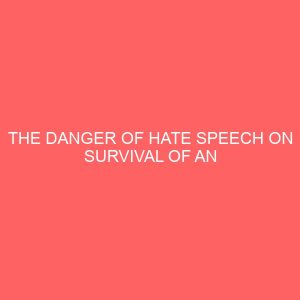

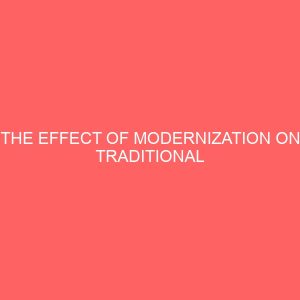
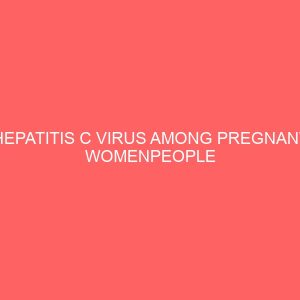
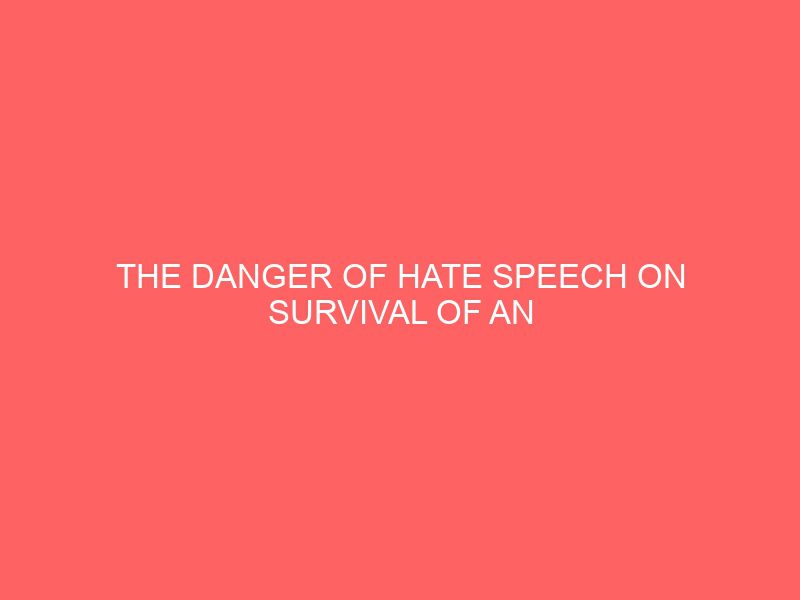
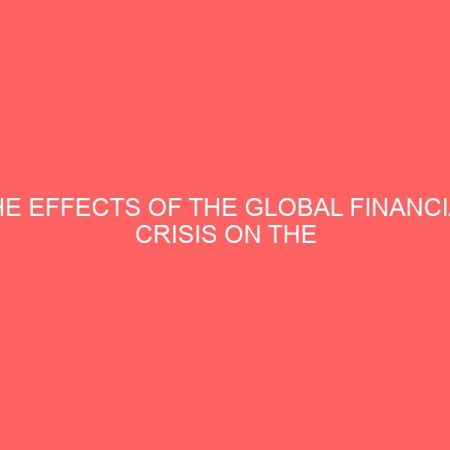

Reviews
There are no reviews yet.